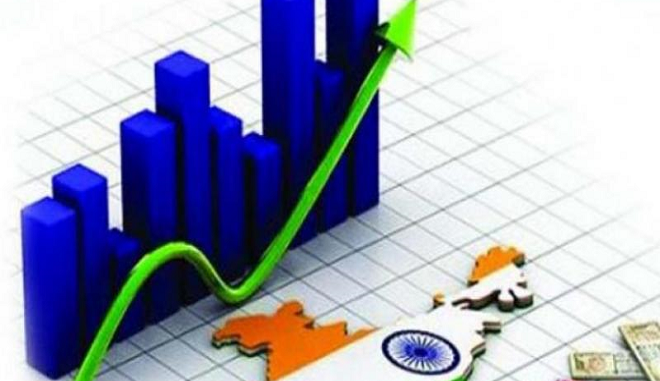
Economists, businessmen, and politicians gathered together to shed light on the global economy and the growth of India. With panel discussions and fireside chats at The India Economist Summit, it was clear that the country is shifting its interest towards improving higher education and infrastructure development
After making some key developments in economics and development, India has become one of the most successful business hubs of the world. The Economist India Summit 2018 on the 25th of October, 2018 brought together policymakers, business leaders from domestic and international companies and respected political and economic commentators. The forum also placed a spotlight on the states’ role in driving the national, economic and social agenda.
The urgent need to carry out reforms in the education sector was another important takeaway from the conference where panelists agreed that primary, secondary and vocational education needed to be fixed. Discussing on how to empower the young, Shashi Tharoor, Member of Parliament, Lok Sabha emphasised that it’s not the quantity but the quality of graduates that the colleges churn out year after year. Out of the 500,000 engineers, 62% of them are in jobs that do not need them to have that degree, he said. Many are unemployable.
“I see an overall challenge in the country’s economy despite the growth of the private sector. 55% of the population is under the age of 35 which means that 160 million youths in India are ready to be employed. We can change this situation if we learn how to advantage of the young generation and capitalise on skill India which hasn’t been given much importance to. Hence, the majority of our population coming from rural areas are undereducated and underemployed and this could lead to a national threat if they are not able to take part in the economy. 62% of 500,000 engineers end up in jobs that do not require an engineering degree because the government hasn’t cajoled private businesses to invest in education. We need to focus on empowering the youth and prepare them especially, when the perception towards IT and cracking the global boom has collapsed. With more and more technological inculcation, we may cause more unemployment,” said Shashi Tharoor in a panel discussion on ‘Empowering The Young.’
Development of physical infrastructure, too, will be key, said Piyush Goyal. “Until all parts of India develop, we will never be able to get fruits of development to the last man in the bottom of the pyramid. We have to set aggressive deadlines, challenge ourselves and monitor the work. We can do great things in infrastructure in the country.”
“Infrastructure has been a long-term connectivity through roads, railways and digital. India needs strong infrastructure backing and if we look at large-scale development, we’ll have to also focus on the north-eastern parts of the country. The Prime Minister’s focus has been a massive roll out across all parts of India. This government has holistic views with respect to infrastructure development and we as a country are capable of reaching those heights very soon,” added Piyush Goyal in a fireside chat at the summit while in conversation with Max Rodenbeck, South Asia Bureau, The Economist.
Panelists agreed that for India to vie for the top spot with China for the “fast-growing large economy”, the states will have to be nimble and implement schemes proposed by the central government and such growth cannot come at a social cost. For instance, child labour, a perennial scourge in the country, needs to be addressed, said Nobel laureate, Kailash Satyarthi. “My aim is that I want to live in a world where every child is free and fearless.”
While commencing the forum, Kumar Mangalam Birla discussed the journey of his Indian multinational company and the growth they have achieved in India and overseas. He also discussed the state of the global economy and the bottom line for any entrepreneur and the willingness to run the business despite problems like recessions, trade wars, and foreign policies.
“When it comes to understanding the facts of the global economy, India is growing with a 3.5% GDP. We don’t see any signs of a recession and for a company like the Aditya Birla Group, the strategies we focus on have flexibility along the way. Factors like political tensions and trade policies do affect us and protectionism would impact investments in economies. Many organizations in India are striving for a multinational mark and entrepreneurs must understand that it eventually boils down to running a business effectively. I believe that we need to add maximum value to businesses capable of growing a company to newer heights. For example, financial services metals and garments are what we are really focusing on now.”
The Economist Events’ India Summit convened more than 180 policymakers, business leaders, entrepreneurs, leading academics and the foremost experts for a full day of fruitful discussions. Themed ‘States of the nation’, the event looked at how states are performing in the areas of attracting investment, making it easier to do business, supporting innovation and entrepreneurship, improving access to quality education and, ultimately, contributing to India’s long-term growth and development.
Source: BW Businessworld

Leave a Reply